Introduction: Unveiling the Promise of Psilocybin Mushroom Supplements
In recent years, psilocybin mushroom supplements have emerged from the shadows of cultural taboo and entered mainstream scientific and medical inquiry. Traditionally known for their psychoactive properties, these mushrooms are now being explored through a new lens: as potential agents of mental health support, cognitive enhancement, and even neurological repair. Once relegated to countercultural experimentation, psilocybin supplements are now studied by prestigious institutions and discussed seriously among healthcare professionals. With a growing body of research validating both their promise and their risks, it is crucial to understand what science truly says about their potential benefits and safety. This article will explore the evolving scientific landscape around psilocybin mushroom supplements, providing an in-depth, evidence-based analysis suitable for readers who value experience, expertise, authoritativeness, and trustworthiness.
You may also like: How Lion’s Mane Supplements May Support ADHD and Cognitive Clarity: What Science Says About Lions Mane for Focus and Brain Health
The Origin and Nature of Psilocybin: A Brief Overview
Psilocybin is a naturally occurring psychedelic compound produced by more than 200 species of fungi, colloquially referred to as “magic mushrooms.” Once ingested, psilocybin is metabolized into psilocin, the active compound that interacts with serotonin receptors in the brain. These interactions can alter mood, perception, and cognitive processes. Historically, indigenous cultures in Mesoamerica used psilocybin-containing mushrooms for religious and spiritual purposes, recognizing their profound effect on consciousness. Modern science has shifted focus to the pharmacological properties of psilocybin, aiming to harness its therapeutic potential in controlled, clinical settings. Understanding the chemical basis of psilocybin is essential for appreciating why psilocybin mushroom supplements may offer unique benefits compared to other natural or synthetic nootropics.
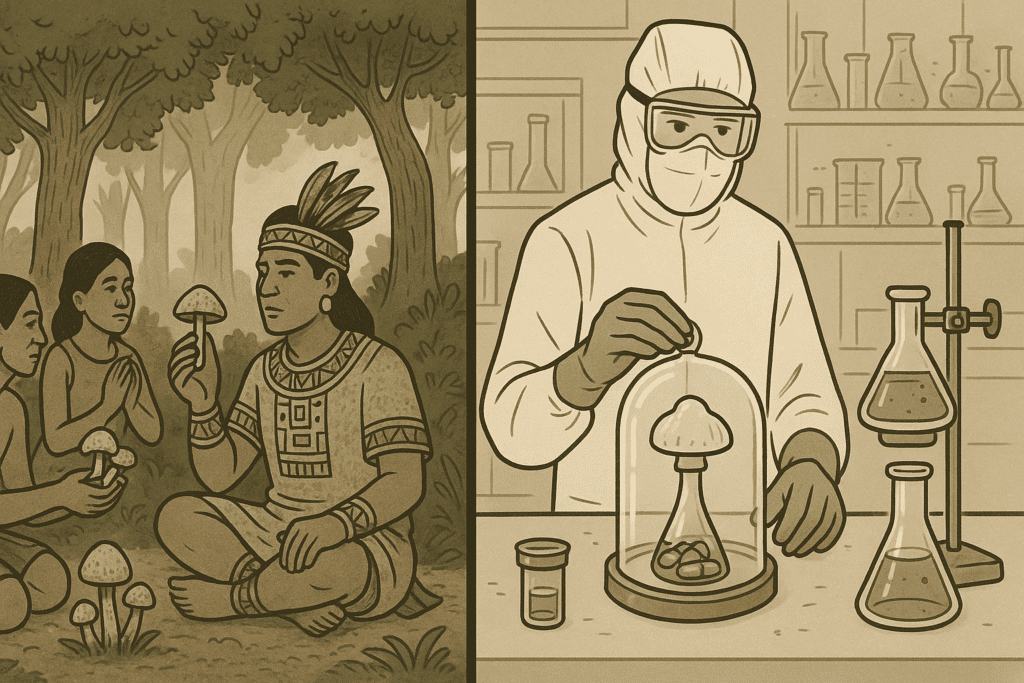
Understanding the Mechanism of Action: How Psilocybin Affects the Brain
At the neurochemical level, psilocybin acts primarily on the 5-HT2A receptor, a subtype of serotonin receptor highly expressed in the brain’s cortical regions. Activation of these receptors is thought to cause a temporary dissolution of entrenched neural pathways, a phenomenon some researchers describe as “neuroplasticity on demand.” Unlike traditional antidepressants, which often require weeks to alter brain chemistry, psilocybin can produce profound and immediate changes in mood and cognition. Psilocybin mushroom supplements may facilitate emotional breakthroughs, foster cognitive flexibility, and enable a deeper introspection that supports lasting psychological change. Additionally, emerging evidence suggests psilocybin might promote synaptogenesis—the formation of new neural connections—offering intriguing possibilities for conditions characterized by neural rigidity, such as depression and PTSD.
Potential Mental Health Benefits of Psilocybin Supplements
A growing body of clinical research supports the use of psilocybin mushroom supplements for various mental health conditions. Studies at institutions like Johns Hopkins University and Imperial College London have demonstrated that controlled psilocybin administration can significantly reduce symptoms of treatment-resistant depression. In addition to depression, psilocybin has shown promise in managing anxiety, particularly anxiety associated with terminal illness. Participants often report not only symptom reduction but a lasting sense of well-being and existential clarity. Research into obsessive-compulsive disorder (OCD) and substance use disorders also suggests that psilocybin supplements may interrupt maladaptive behavioral cycles by “resetting” the brain’s reward system. Although these findings are preliminary, they point to a broader potential for psilocybin as a transformative tool in mental health care.
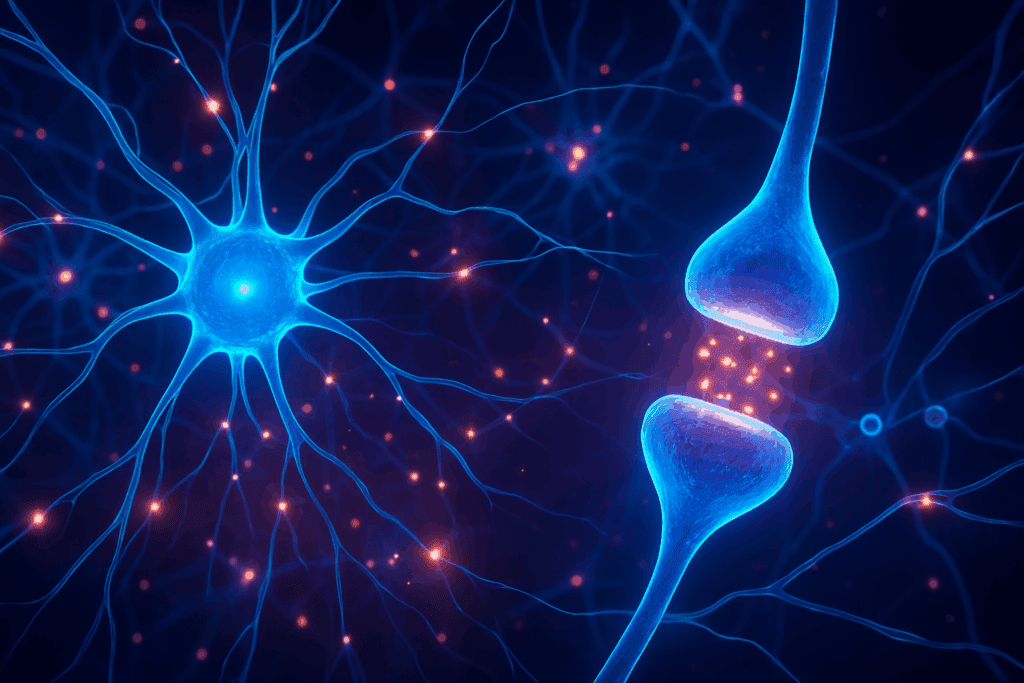
Cognitive Enhancement: Psilocybin’s Emerging Role in Nootropics
Beyond mental health treatment, psilocybin mushroom supplements are being investigated for their potential to enhance cognitive functions. Some researchers hypothesize that low, sub-perceptual doses—a practice known as “microdosing”—may improve creativity, problem-solving ability, and emotional intelligence without inducing hallucinations. Preliminary anecdotal and survey-based evidence supports these claims, although rigorous, placebo-controlled studies are still needed. Interestingly, psilocybin appears to disrupt the default mode network (DMN) of the brain—a set of interconnected brain regions associated with self-referential thought and mind-wandering. By decreasing DMN activity, psilocybin may enhance present-moment awareness and novel thought patterns, attributes highly relevant to both artistic and scientific innovation. Therefore, psilocybin supplements could one day occupy a legitimate space within the broader nootropic market.
Understanding the Safety Profile of Psilocybin Mushroom Supplements
Safety is a paramount concern when discussing any psychoactive compound. Fortunately, existing research suggests that psilocybin has a relatively favorable safety profile, particularly compared to other psychoactive substances. It is physiologically non-toxic, with an extremely high threshold for lethal overdose. Nevertheless, psychological risks remain. In rare cases, individuals may experience “bad trips” characterized by intense anxiety, paranoia, or delusions, particularly in uncontrolled environments. Long-term adverse effects are rare but can include persistent perceptual changes. Therefore, reputable psilocybin supplement protocols emphasize “set and setting”—preparing the user’s mindset and environment—to minimize potential risks. Importantly, individuals with a history of psychotic disorders such as schizophrenia are generally advised against psilocybin use due to heightened risk of adverse psychological reactions.

Legal Status and Regulatory Challenges for Psilocybin Supplements
Despite growing scientific support, psilocybin remains classified as a Schedule I substance under the United States Controlled Substances Act, meaning it is considered to have a high potential for abuse and no accepted medical use. However, this classification is increasingly viewed as outdated given the current scientific evidence. In response, several jurisdictions, including Oregon and parts of Colorado, have moved toward decriminalization or regulated therapeutic use of psilocybin mushroom supplements. These regulatory shifts reflect a broader cultural reevaluation of psychedelics, yet they also introduce complexities related to standardization, quality control, and public education. Until federal laws change, the legal landscape for psilocybin supplements will likely remain fragmented and uneven, presenting challenges for consumers and researchers alike.
Dosing Considerations: How Much Is Enough?
Determining the correct dosage of a psilocybin supplement is both an art and a science. Factors such as body weight, individual sensitivity, and the specific mushroom species used all influence the appropriate dose. In clinical settings, doses are often calibrated by weight and administered under professional supervision. For those seeking cognitive enhancement through microdosing, common dosages range from 0.1 to 0.3 grams of dried mushroom equivalent, taken intermittently to avoid tolerance buildup. Full therapeutic doses, by contrast, typically range from 20 to 30 milligrams of pure psilocybin, sufficient to produce strong psychoactive effects. As psilocybin supplement products become more standardized, clear dosing guidelines will be essential to ensure both efficacy and safety.
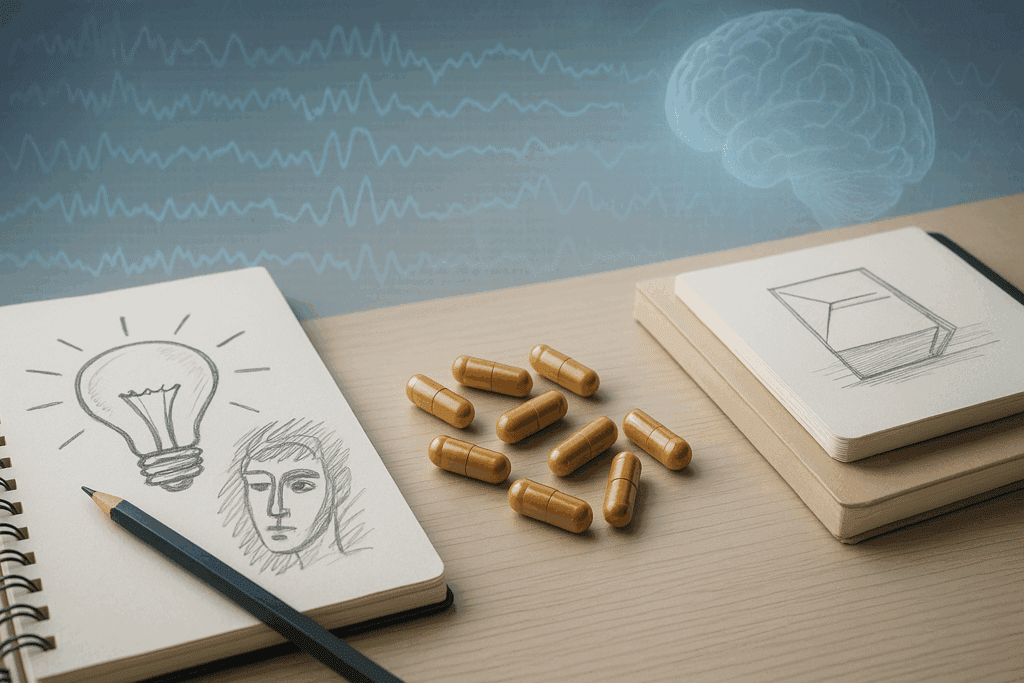
The Future of Psilocybin Research: Where Are We Headed?
The trajectory of psilocybin research suggests an exciting future. Large-scale, randomized clinical trials are currently underway, investigating psilocybin’s effects on a wide array of conditions, from anorexia to chronic pain syndromes. Advances in neuroimaging are enabling researchers to map psilocybin-induced brain changes with unprecedented precision, offering insights into its mechanisms of action. Additionally, biotech companies are exploring synthetic analogs of psilocybin that might offer therapeutic benefits without hallucinogenic effects. As the evidence base grows, it is conceivable that psilocybin mushroom supplements will move from the fringes to the center of integrative mental health care, much like how cannabidiol (CBD) has transitioned into mainstream wellness culture.
Practical Considerations for Those Interested in Psilocybin Supplements
For individuals considering psilocybin mushroom supplements, caution and education are essential. First, sourcing is critical; products should be obtained from reputable, tested sources to ensure purity and potency. Second, understanding one’s own psychological and medical history is vital, as certain preexisting conditions may increase the risk of adverse experiences. Third, integrating the experience—whether microdosed or at a full therapeutic level—is key to maximizing benefits. Practices such as journaling, mindfulness meditation, and professional psychotherapy can help translate the insights gained from psilocybin into meaningful, lasting change. It is also crucial to remain informed about local laws and regulations, which can vary widely and change rapidly.
Ethical and Cultural Considerations Surrounding Psilocybin Use
As interest in psilocybin supplements grows, so does the importance of ethical considerations. Indigenous cultures have used psilocybin-containing mushrooms in ceremonial contexts for centuries, often viewing them as sacred teachers rather than mere chemical tools. Modern users and companies alike must navigate the fine line between innovation and appropriation. Respecting the cultural origins of psilocybin, supporting equitable access, and avoiding exploitative commercialization are essential for building a sustainable and ethical psilocybin ecosystem. Moreover, discussions about psilocybin’s accessibility should prioritize not only affluent individuals seeking cognitive enhancement but also marginalized communities disproportionately affected by mental health disparities.
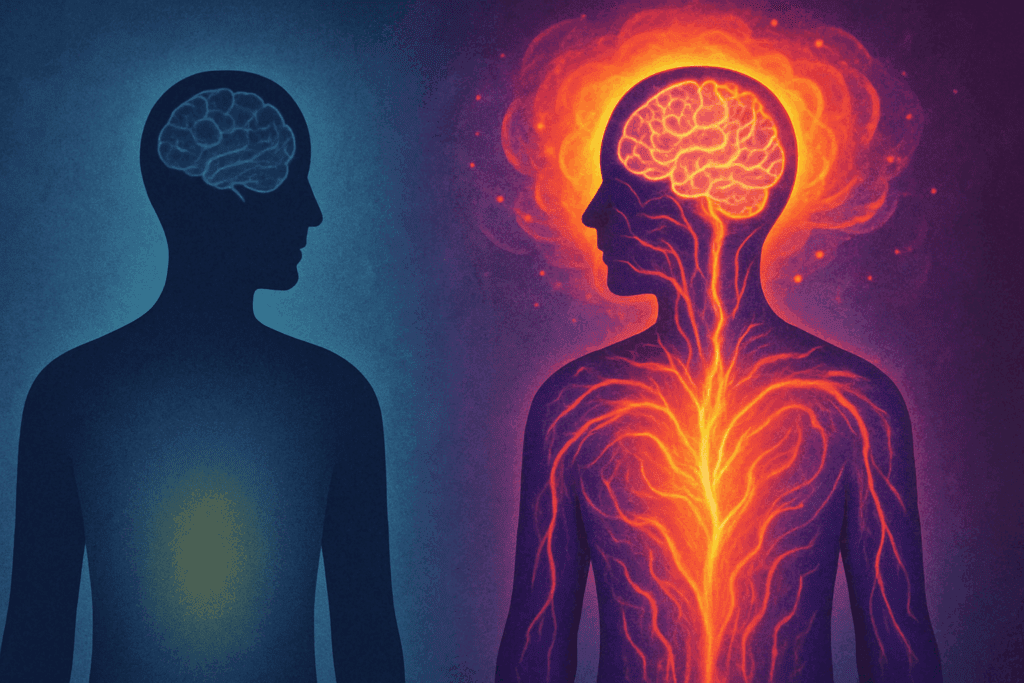
Frequently Asked Questions About Psilocybin Mushroom Supplements
What makes a psilocybin supplement different from traditional psychedelics?
A psilocybin supplement is distinct from traditional psychedelics because it is specifically formulated to deliver controlled, often sub-psychedelic doses of psilocybin. Unlike the recreational use of psilocybin mushrooms, supplements are developed with standardization, consistency, and therapeutic intent in mind. Many modern psilocybin mushroom supplements are encapsulated for precise dosing, ensuring that users experience predictable effects. Additionally, supplement formulations may sometimes combine psilocybin with synergistic ingredients like adaptogens or vitamins to enhance cognitive support or emotional balance. This difference reflects a growing trend toward medicalizing and optimizing natural psychedelics for broader mental health applications.
Can psilocybin mushroom supplements be used for enhancing emotional resilience?
Yes, there is emerging evidence suggesting that psilocybin mushroom supplements may enhance emotional resilience, particularly by promoting cognitive flexibility and reducing emotional reactivity. Studies have shown that psilocybin can disrupt negative thought loops, allowing individuals to approach emotional challenges with greater adaptability. Regular microdosing with a psilocybin supplement has been anecdotally linked to increased patience, empathy, and a heightened capacity to manage stress. While these findings are promising, they are based largely on observational data and self-reports, highlighting the need for controlled research to confirm long-term emotional benefits. Nonetheless, early results are encouraging for those seeking natural methods of fostering psychological durability.
How do psilocybin mushroom supplements interact with traditional psychiatric medications?
Interactions between psilocybin mushroom supplements and traditional psychiatric medications, such as SSRIs or antipsychotics, are not yet fully understood. Preliminary research suggests that selective serotonin reuptake inhibitors (SSRIs) may dampen the subjective effects of psilocybin due to their shared activity at serotonin receptors. Conversely, antipsychotic medications may block or counteract the effects of a psilocybin supplement entirely. Individuals interested in combining these approaches should exercise extreme caution and consult a qualified healthcare professional knowledgeable in both psychopharmacology and psychedelic medicine. Because the interaction profile is complex and patient-specific, professional oversight is critical for safe and effective integration.
What role could psilocybin supplements play in fostering long-term creativity?
Beyond immediate cognitive shifts, psilocybin mushroom supplements may contribute to sustained creative growth by rewiring habitual thought patterns. The enhanced neuroplasticity triggered by a psilocybin supplement could make it easier for individuals to adopt novel perspectives and generate original ideas over time. Interestingly, some long-term users report not just transient creative bursts but enduring changes in how they solve problems and approach innovation. While microdosing is the most popular strategy among creatives, full-dose experiences under therapeutic conditions may also unlock profound and lasting creative insights. However, establishing a consistent creative practice post-experience is essential to consolidating these neural and psychological changes.
Are there unique risks associated with microdosing psilocybin mushroom supplements?
Although microdosing is generally considered safer than full-dose psychedelic use, it is not entirely risk-free. Some users of psilocybin mushroom supplements report experiencing heightened anxiety, irritability, or physiological discomfort, particularly when dosing schedules are too aggressive. Furthermore, because psilocybin acts on serotonin receptors, chronic microdosing without breaks could theoretically desensitize these pathways, leading to diminished efficacy over time. Another overlooked risk is psychological dependency—not in the traditional addictive sense, but in developing a belief that one needs the psilocybin supplement to function optimally. For these reasons, most experts recommend a mindful, cyclic approach to microdosing with regular “off” periods to reassess mental and emotional baselines.
How might the use of psilocybin supplements evolve with advancements in biotechnology?
Biotechnology companies are actively working to create next-generation psilocybin mushroom supplements that are more refined and targeted. Innovations may include designer molecules that retain the beneficial neuroplastic and antidepressant effects of psilocybin while minimizing or eliminating hallucinogenic properties. Additionally, personalized psilocybin supplement protocols based on individual genetic profiles could optimize therapeutic outcomes while reducing risks. Advances in delivery systems, such as slow-release capsules or intranasal sprays, may further improve the precision and user-friendliness of these supplements. These innovations could democratize access to the cognitive and emotional benefits of psilocybin while maintaining rigorous safety standards.
What social implications might widespread psilocybin supplement use have?
The broader adoption of psilocybin mushroom supplements could significantly impact societal views on mental health, self-optimization, and wellness. As these supplements gain legitimacy, they may challenge stigmas associated with mental illness by offering transformative approaches that prioritize healing over pathology. Moreover, the mainstreaming of psilocybin could spur greater public interest in neurodiversity, emotional intelligence, and preventive mental healthcare. However, there is also a risk of commercialization leading to inequitable access, where only certain populations benefit from premium psilocybin supplement offerings. Thoughtful regulation and public education will be essential to ensure that the societal benefits of this renaissance are shared broadly and ethically.
Can psilocybin mushroom supplements support neurogenesis in aging populations?
Preliminary research suggests that psilocybin mushroom supplements may promote neurogenesis—the growth of new neurons—even in aging brains. Animal studies have shown that psychedelics like psilocybin can stimulate brain-derived neurotrophic factor (BDNF), a key protein involved in brain plasticity and repair. While human studies are still in their infancy, the theoretical framework suggests that a carefully managed psilocybin supplement regimen could help counteract cognitive decline. This possibility has exciting implications for addressing age-related conditions like mild cognitive impairment and early-stage dementia. Future clinical trials will be necessary to determine optimal dosing strategies and safety parameters for older adults interested in neuro-regenerative benefits.
How should one prepare mentally and emotionally before starting psilocybin supplements?
Mental and emotional preparation are crucial before embarking on a journey with psilocybin mushroom supplements. Setting clear intentions, cultivating mindfulness, and addressing unresolved psychological issues beforehand can significantly influence the quality of the experience. Emotional “baggage” may surface during even low-dose engagements, so readiness to confront and process complex feelings is essential. Engaging in preparatory practices such as meditation, journaling, or professional counseling can help establish a resilient mental framework. Approaching a psilocybin supplement protocol with respect, curiosity, and emotional openness maximizes the likelihood of positive outcomes while mitigating the risk of unsettling experiences.
What misconceptions about psilocybin mushroom supplements should users be aware of?
A common misconception is that psilocybin mushroom supplements guarantee blissful, euphoric experiences without challenges. In reality, psilocybin supplements can elicit a wide range of emotional responses, including periods of discomfort, introspection, and vulnerability. Another myth is that microdosing or casual use requires little preparation or integration, when in fact, structured approaches significantly enhance long-term benefits. Additionally, some believe that natural substances are inherently safer than synthetic drugs, overlooking the importance of dose, context, and individual variability. By recognizing these misconceptions, prospective users can approach psilocybin mushroom supplements with a more balanced, informed, and responsible mindset.
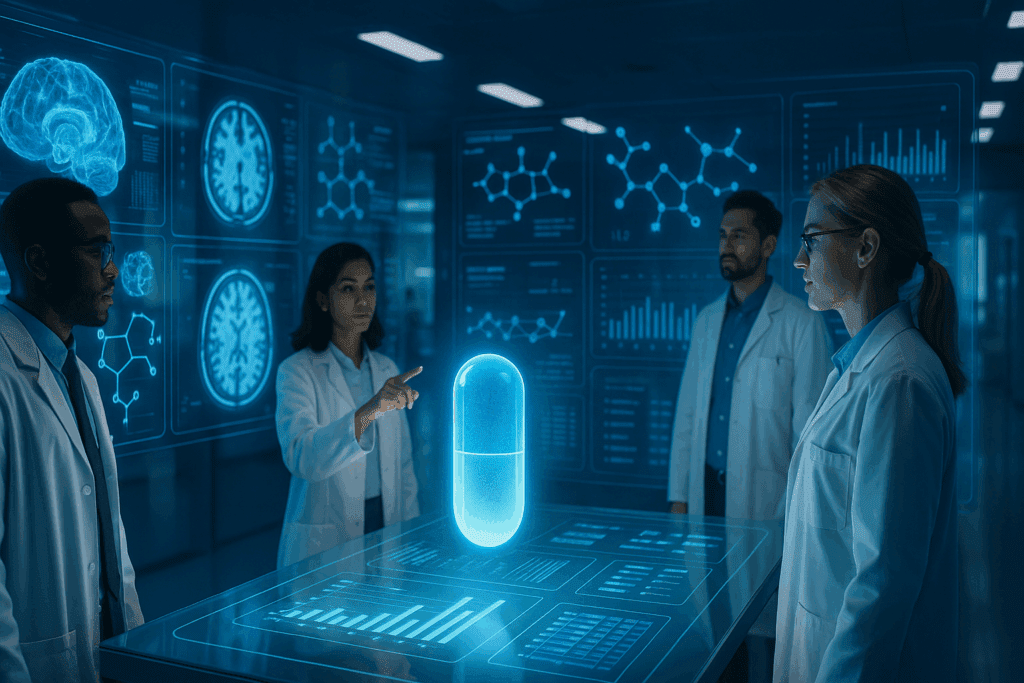
Conclusion: Reflecting on the Future of Psilocybin Mushroom Supplements for Cognitive and Mental Health
In light of mounting scientific evidence, psilocybin mushroom supplements are poised to play an increasingly significant role in mental health and cognitive enhancement. Research continues to validate their potential benefits, from alleviating depression and anxiety to fostering creativity and emotional intelligence. At the same time, careful attention to safety, legal considerations, and ethical use remains paramount. As public perception shifts and regulatory frameworks evolve, psilocybin supplements may soon occupy a space once thought unattainable—as legitimate, respected tools for fostering human flourishing. By approaching psilocybin with respect, rigor, and responsibility, we can unlock its potential while safeguarding against misuse. For individuals and practitioners alike, staying informed and adopting a thoughtful, evidence-based perspective will be crucial in navigating the promising yet complex terrain ahead.
Was this article helpful? Don’t let it stop with you. Share it right now with someone who needs to see it—whether it’s a friend, a colleague, or your whole network. And if staying ahead on this topic matters to you, subscribe to this publication for the most up-to-date information. You’ll get the latest insights delivered straight to you—no searching, no missing out.
Further Reading:
Psilocybin (magic mushrooms): What it is, effects and risks
The Effects, Risks, and Potential Health Benefits of “Magic Mushrooms”
Mushrooms as Medicine? Psychedelics May Be Next Breakthrough Treatment
Important Note: The information contained in this article is for general informational purposes only, and should not be construed as health or medical advice, nor is it intended to diagnose, prevent, treat, or cure any disease or health condition. Before embarking on any diet, fitness regimen, or program of nutritional supplementation, it is advisable to consult your healthcare professional in order to determine its safety and probable efficacy in terms of your individual state of health.
Regarding Nutritional Supplements Or Other Non-Prescription Health Products: If any nutritional supplements or other non-prescription health products are mentioned in the foregoing article, any claims or statements made about them have not been evaluated by the U.S. Food and Drug Administration, and such nutritional supplements or other health products are not intended to diagnose, treat, cure, or prevent any disease.


